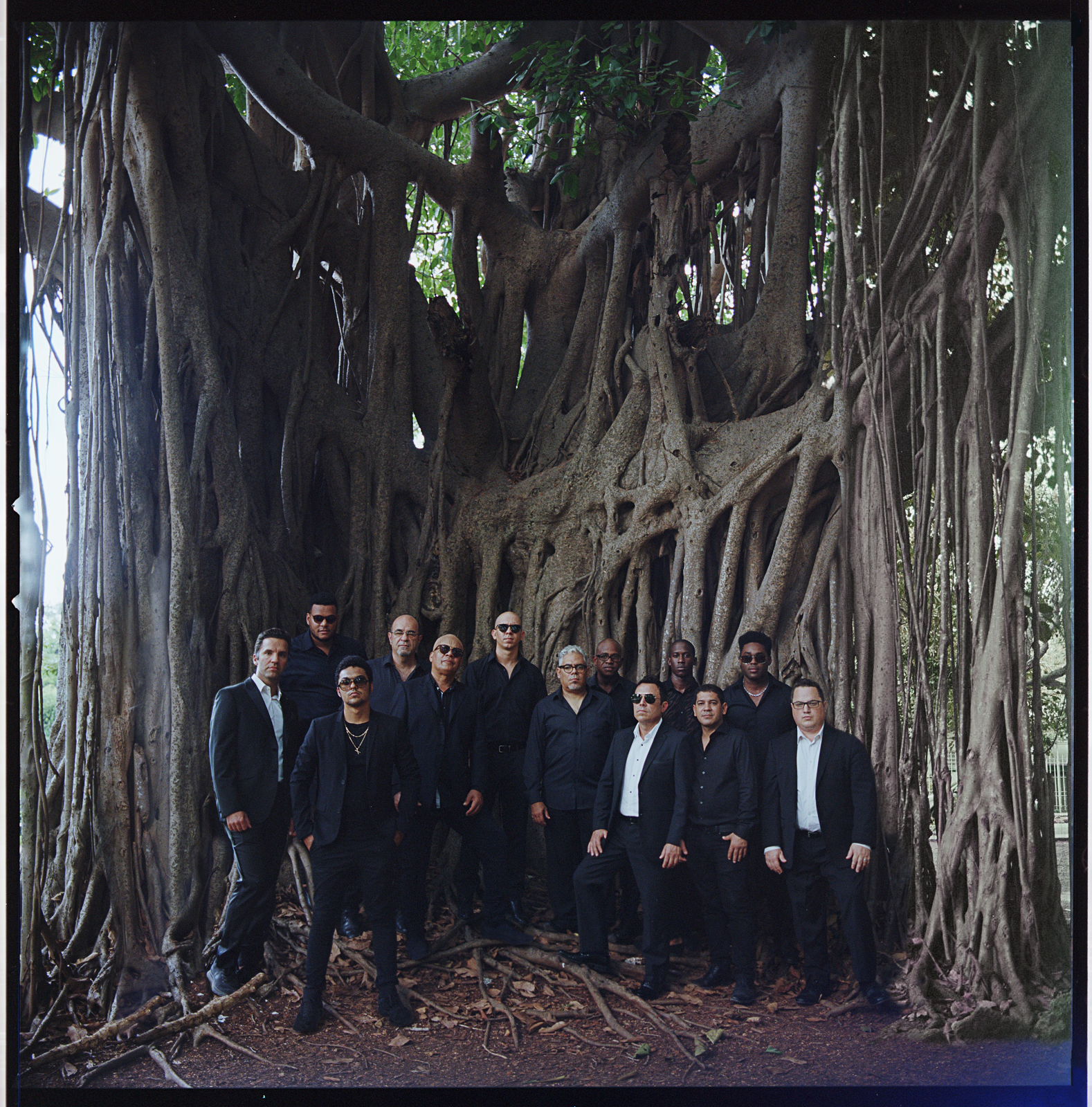Orquesta Akokán: Legendary Cuban Band melds the dance and the spirit.
Photo: Jacob Blickenstaff
Following their debut recording on Daptone Records - the first ever Spanish-language album released by the renowned label that shared Sharon Jones and Charles Bradley’s immortal voices with us - Orquesta Akokán kicked off their U.S. debut in the summer of 2018, enthralling audiences with a series of performances culminating in a sold-out show at Lincoln Center. This was followed by international touring throughout 2019 and early 2020, nominations for a Grammy, Billboard Latin Music Award, Telemundo Latin American Music Award, and critical acclaim from press and media around the globe.
Fast forward to 2021 and Orquesta Akokán is ready to unleash 16 Rayos on the world's dance floors, via Daptone Records. Recorded in Havana’s famed Egrem Studios, 16 Rayos ten original compositions shine a light on the complimentary talents of its three leaders. Lead vocalist and composer José "Pepito" Gómez brings a musical history that includes stints with Compay Segundo of the Buena Vista Social Club and Pupy y Los Que Son Son. Chulo Record’s Jacob Plasse culminates decades of exploring Latin music, expanding his work with Los Hacheros, a band he founded to foreground the raw power of salsa de la vieja escuela. Michael Eckroth, an accomplished pianist, composer and arranger, adds his profound knowledge of Cuban music from the 40’s (and a Ph.D.) and a history of working with Latin music greats such as Andy González and Pedrito Martinez.
On the Cuban side of the equation the Orquesta boasts some of the island’s greatest instrumentalists culled from members of near-mythical groups such as Los Van Van, NG La Banda, and Irakere (notably César Lopez, Orquesta Akokan’s point man in Havana). The ensemble for 16 Rayos shines a light on Cuba’s musical families and multigenerational legacy with the participation of two fabled Vizcainos on percussion - Roberto "Tato" Vizcaino Jr. and his father Roberto Vizcaino Guillot, a member of Chucho Valdes’ seminal 90’s quartet. Another family duo added their masterful legacy to the recording, with trumpeter Reinaldo “Molote” Melián bringing in his son, Reinaldo Melián Zamora, to play trumpet on several tunes alongside lead trumpet Harold Madrigal Frías. The winds and brass are rounded out with a rich saxophone section made up of young lion Jamil Shery and Germán Velazco (musical director for Pablo Milanés) on tenor, with Evaristo Denis on baritone and César López on alto, along with Yoandy Argudin and Heikel Fabián Trimiño on trombone. Coros were sung by Eddie Venegas and Luis Soto. Significantly, Orquesta Akokán added strings to the ensemble for the first time, with the participation of violinists Amelia Febles Díaz, Jenny Peña and Anabel Estévez Acosta, whose virtuosity stems from the classical training for which Cuban musicians are so renowned.
The power and grace of Pedro "Tata" Francisco Almeida Barriel’s vocals lead the way on “4 de Octubre” and “Llegue con mi Rumba,” evincing why he is considered one of the Cuban rumba’s premier exponents. Another highly recognized singer, legendary guarachera Xiomara Valdés - who’s shared the stage with legends such as Beny Moré and Omara Portuondo and received the Ministry of Culture’s Distinción por la Cultura Nacional de Cuba as a significant contributor to Cuba’s musical legacy - is the featured guest on the title track.
On 16 Rayos Orquesta Akokán united in Havana once again to record, but not with the intention of depending on the formulas that heaped laurels and accolades upon their first album. Instead they brought a cohesion forged by an intense performing and touring cycle, and the musical conversation that began in the Areito studios three years earlier blossomed into an easy, intimate dialogue between good friends. Now in the Egrem Studios, this allowed full, fearless musical expression and risk-taking outside of their comfort zones.
Suffused with this sense of possibility, the band continues to explore, develop and expand the island’s rich rhythmic palette and repertoire - pushing the conventions of what is considered “mambo” - and drawing deeply from folkloric and religious traditions seldom heard in popular music. The Cuban musicians’ deep spiritual reservoir and knowledge of folklore informs the Orquesta’s contemporary sensibilities, allowing the album to remain true and faithful to the spirit of the music’s origins while pushing the grooves into previously uncharted vistas.
Building upon Perez Prado’s dissonant, near avant-garde vision of the mambo, and highlighting the Lucumí subtext of Cuban rhythms and styles, 16 Rayos exudes a fierce spiritual and secular ecstasy. Like the Yoruba story of the sixteen rays of sun gifted from Olofi (one of the supreme manifestations of Divinity) to Obatalá (Sky Father and creator of human bodies) so that Obatalá could take care of earth’s children, 16 Rayos is here to shine its musical rays on us, warm our hearts, and irresistibly move our bodies.


